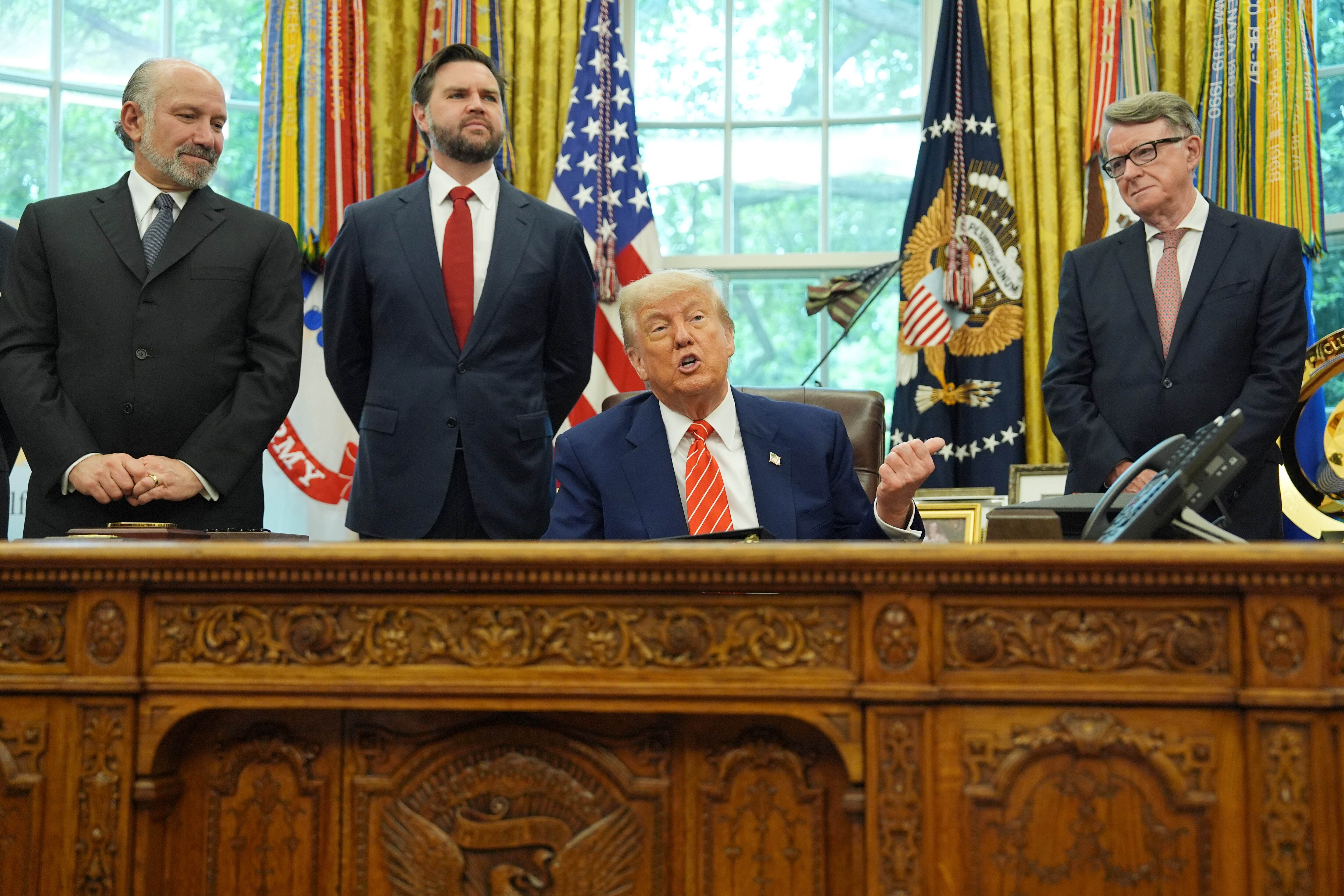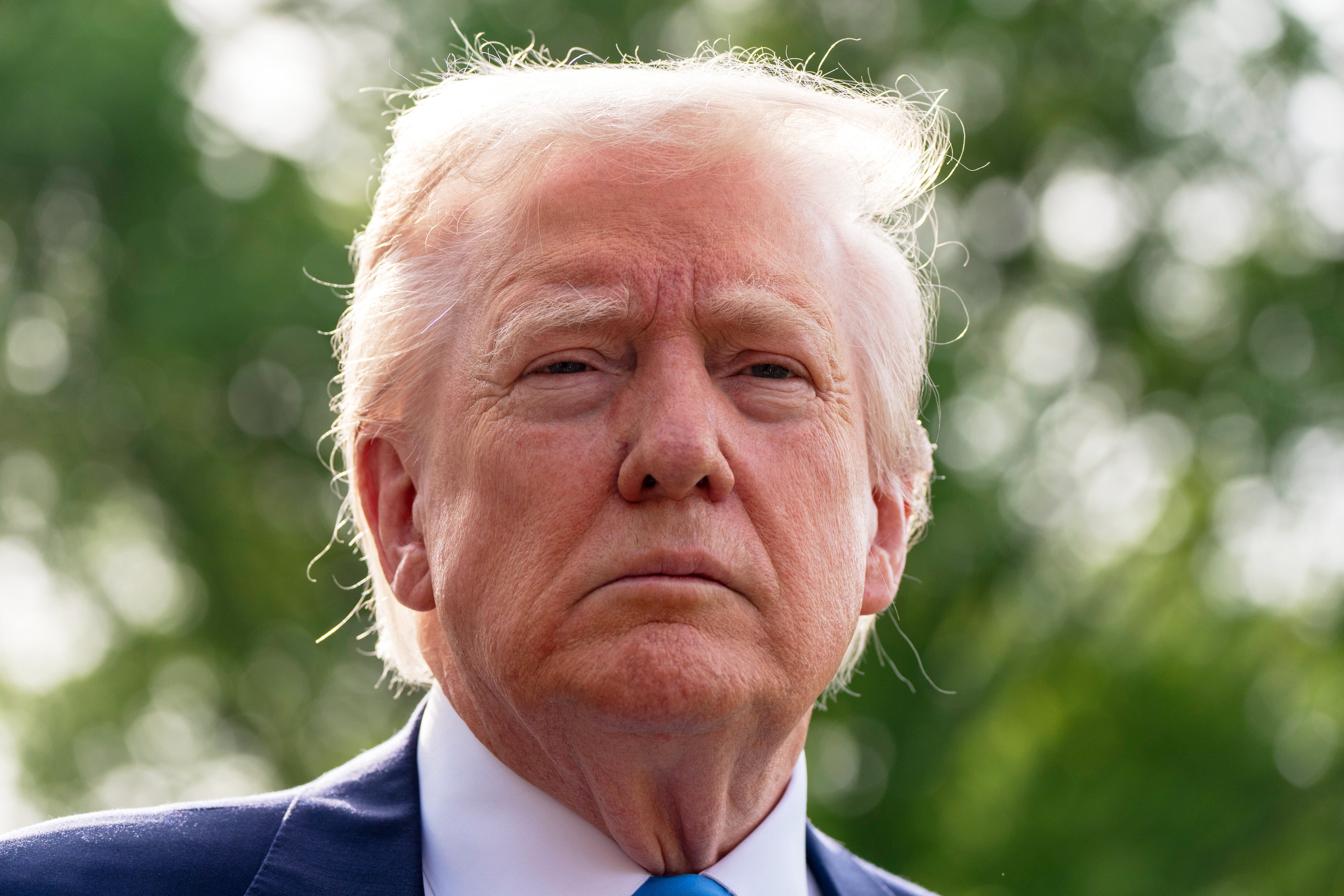With both of Georgia's Senate races moving on to runoff elections, Democrat Jon Ossoff has another six weeks to make his case to voters. The races have gained national attention, as the federal government's balance of power hangs on the outcome.
Questions about the scope of outside influence have already begun to arise. Tons of cash is pouring into the state, for both political parties, to secure victory.
The Senate Ethics Committee has also been asked to investigate Sen. Lindsey Graham (R-S.C.) over claims that he pressured Georgia’s Secretary of State to throw out ballots from the most recent election.
Ossoff, who is taking on incumbent Sen. David Perdue, said of Graham’s actions, “I don’t know what business he thinks he has interfering in elections here in Georgia.”
Right now, Georgia is the only state that the AP has not called in the race for the White House, though President-elect Joe Biden appears to hold a lead there and, based on other national race calls, can secure the presidency without the Peach State's electoral votes.
As the presidential race nears a conclusion, even more eyes will focus on the runoff elections for both of the state's Senate seats.
The two Republican candidates in the runoffs, Perdue and Sen. Kelly Loeffler, have both criticized Georgia Secretary of State Brad Raffensperger, calling for his resignation, but not citing any specific wrongdoing.
“I guess they’re upset that the election authorities allowed so many Democrats to vote,” Ossoff told Cheddar. “I guess they wanted voter suppression to do their work for [them].”
It’s those two Senate races that many Democrats are concerned about now. Party heavy-hitters have already begun to move down south where they'll set up stakes ahead of the runoff elections set for January 5. When asked what will determine the winners, Ossoff said, “This is all about turnout. This is all about energy and enthusiasm and getting out the vote.”
While enthusiasm is crucial for both parties in these runoffs, they're make-or-break races for Democrats. Georgia hasn’t elected a Democrat for Senate since 1996. Now, they need to take both seats in order to create a 50-50 balance in the chamber. In cases where a Senate vote is tied, the vice president, expected to be Vice President-elect Kamala Harris, becomes the tie-breaker. If the Democrats are able to secure that control of the Senate, it means the party will control both chambers of Congress and the White House.
Ossoff hopes that if people understand the importance of these runoff elections, they’ll find a way to cast their votes. “It’s all about communicating the stakes,” he said. “That our country’s ability to fight this virus, to invest in economic recovery, to invest in infrastructure and clean energy, to expand civil rights and voting rights, all of that depends upon winning these two races.”
Exit polls showed Biden won the general election with overwhelming support from the Black community. Ossoff and Democrat Raphael Warnock, who is challenging Loeffler, hope to once again tap into that community in order to flip Georgia's Senate seats to blue.
The candidates have been working with politician and activist Stacey Abrams. Abrams turned her controversial 2018 loss in the state's gubernatorial race into a movement to register Black voters, overcome voter suppression, and invigorate the movement to get them to the polls. Ossoff called the effort “the most aggressive and ambitious voter registration and get-out-the-vote effort in American history.”








